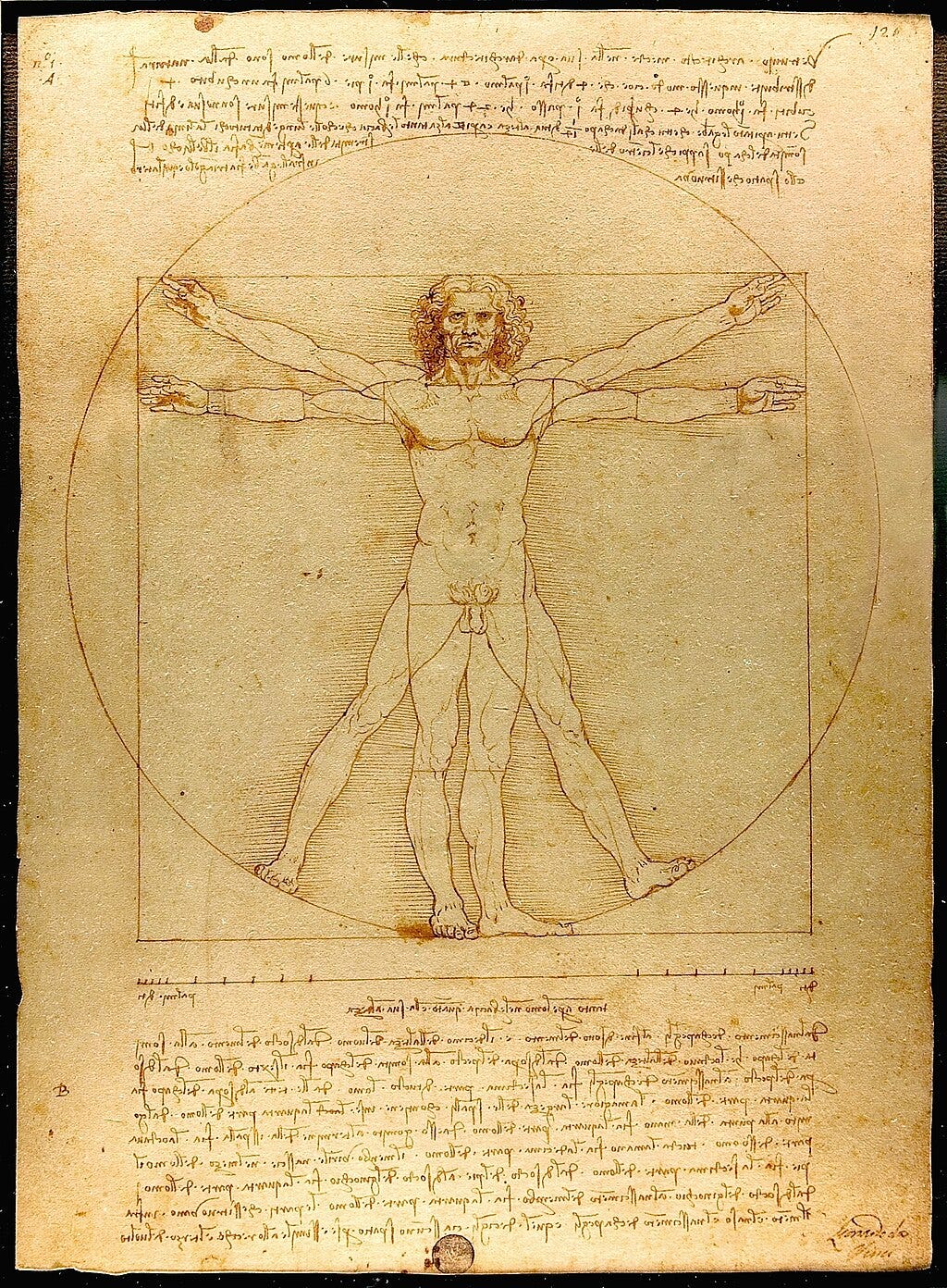The Path to Authentic Living with Martin Heidegger
How to Embrace Your True Self in a World of Conformity
The Call to Authenticity
“To be yourself in a world that is constantly trying to make you something else is the greatest accomplishment.” – Ralph Waldo Emerson
We live in a world that often feels like it’s pulling us in a thousand directions. Social media, societal expectations, and the pressure to “fit in” can make it difficult to hear our own inner voice.
But what if the key to a meaningful life lies in embracing who we truly are?
This week, we’ll explore the philosophy of Martin Heidegger, one of the 20th century’s most influential thinkers, and his concept of authentic living. Together, we’ll uncover how his ideas can help us break free from conformity and live a life that’s true to ourselves.
Question to think about:
Are you living authentically, or are you playing a role dictated by society?
1. What is Authentic Living?
Heidegger introduced the concept of Dasein—a German term meaning “being there” or “presence.” It refers to the unique way humans exist: we are aware of our existence, and we have the ability to question and shape it.
Authentic living, according to Heidegger, means:
Acknowledging your potential and limitations.
Understanding your historical and cultural context.
Making choices that align with your true self, not societal expectations.
In contrast, inauthentic living is when we lose ourselves in what Heidegger calls the “they-self”—the anonymous, conforming mass that dictates how we should think, act, and live.
Reflection Exercise:
Think about a recent decision you made. Was it truly your choice, or was it influenced by external pressures?
2. The Leap of Faith: Embracing Uncertainty
Heidegger believed that living authentically requires courage. It means stepping away from the familiar and embracing the unknown. This is what Søren Kierkegaard called the “leap of faith”.
Why is this so difficult?
We fear judgment and rejection.
We’re comforted by the illusion of security that conformity provides.
We’re often unaware of our own potential.
But here’s the truth:
Authenticity is not a destination; it’s a daily practice. It’s about making small, intentional choices that align with your values, even when it’s uncomfortable.
Practical Advice:
Start by identifying one area of your life where you feel inauthentic. What’s one small step you can take to change that?
3. Being-Toward-Death: The Ultimate Wake-Up Call
One of Heidegger’s most profound ideas is “being-toward-death.” He argued that confronting our mortality is essential for living authentically.
Why?
Death reminds us that our time is limited.
It strips away the trivialities and forces us to focus on what truly matters.
It individualizes us, pulling us out of the anonymity of the “they-self.”
How to Practice Being-Toward-Death:
Reflect on your mortality regularly. Ask yourself: If I knew I had one year left to live, how would I spend it?
Use this awareness to prioritize what’s meaningful to you.
Question to Reflect On:
What would you do differently if you weren’t afraid of failure or judgment?
4. The Role of Anxiety in Authentic Living
Heidegger saw anxiety not as something to avoid, but as a gateway to authenticity. When we feel anxious, it’s often because we’re confronting the unfamiliar or the unknown.
Why Anxiety is Your Ally:
It shakes us out of complacency.
It forces us to question the status quo.
It opens the door to self-discovery and growth.
Practical Tip:
Next time you feel anxious, pause and ask yourself: What is this anxiety trying to tell me? What am I avoiding or resisting?
5. The Daily Practice of Authenticity
Living authentically isn’t a one-time event; it’s a lifelong journey. Here are some ways to incorporate Heidegger’s insights into your daily life:
Daily Practices for Authentic Living:
Reflect: Spend 10 minutes each day journaling about your thoughts, feelings, and choices.
Question: Regularly ask yourself, Is this decision aligned with my true self?
Connect: Surround yourself with people who encourage and support your authenticity.
Act: Take small, courageous steps toward your goals, even if they feel uncomfortable.
Final Thought:
As E.E. Cummings once wrote, “To be nobody-but-yourself—in a world which is doing its best, night and day, to make you everybody else—means to fight the hardest battle which any human being can fight; and never stop fighting.”
Join the Conversation
What does authentic living mean to you? Share your thoughts in the comments or reply to this email. Let’s build a community that supports and inspires each other to live boldly and authentically.
What’s Next?
Thank you for joining me on this exploration of authenticity and Heidegger’s profound insights. I hope this article has given you something meaningful to reflect on and apply to your life.
I’ll see you next Thursday with a new article. Until then, take a moment to reflect on your own journey toward authenticity. What’s one step you can take today to live more authentically?
Warm regards,
Mootiph








That's a fair sense of Heidegger for good counseling, for advancing truly humanistic flourishing.